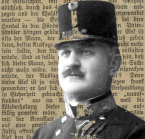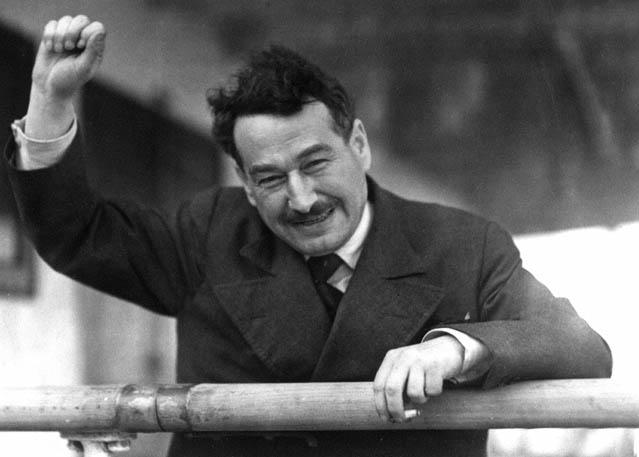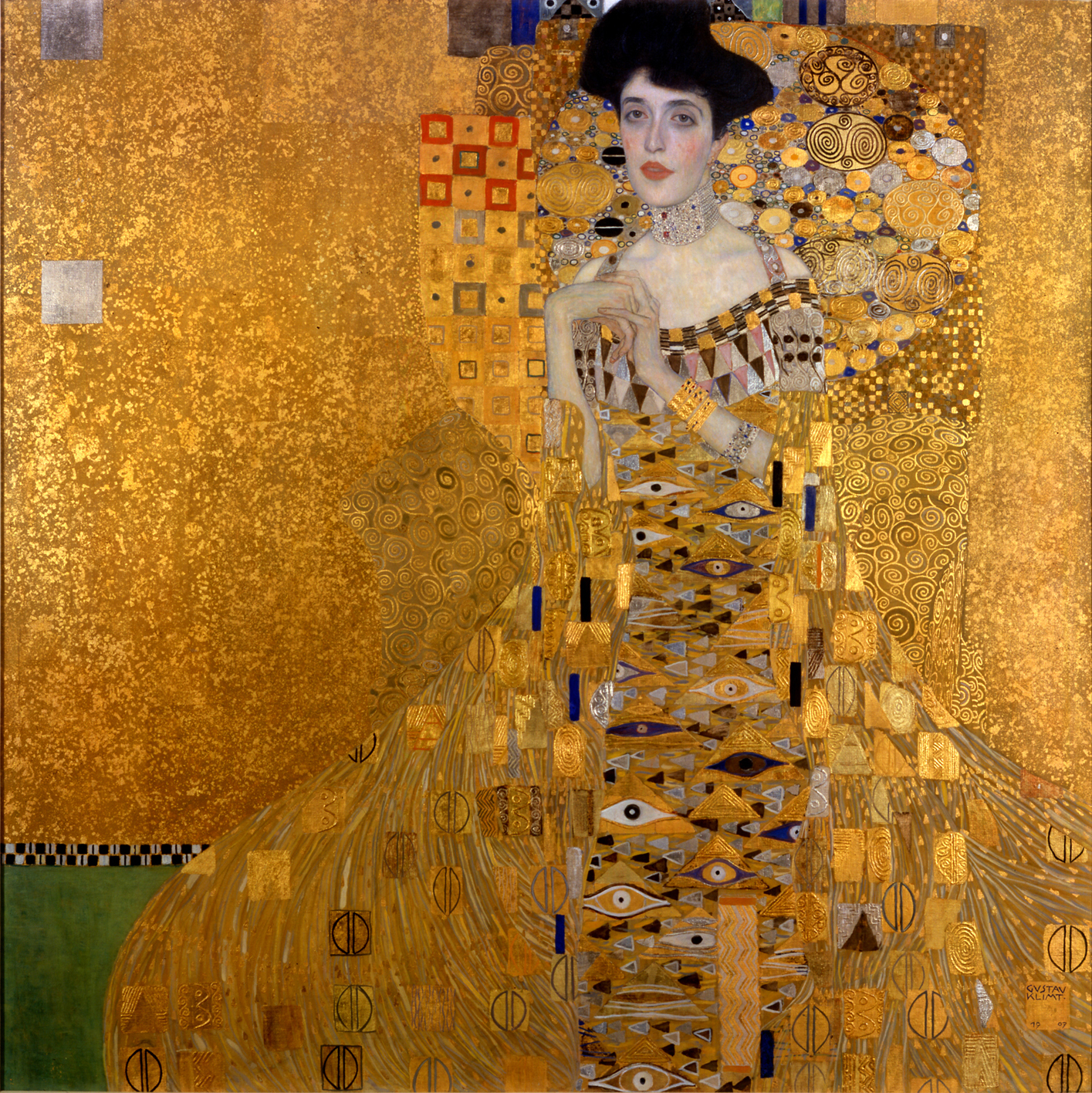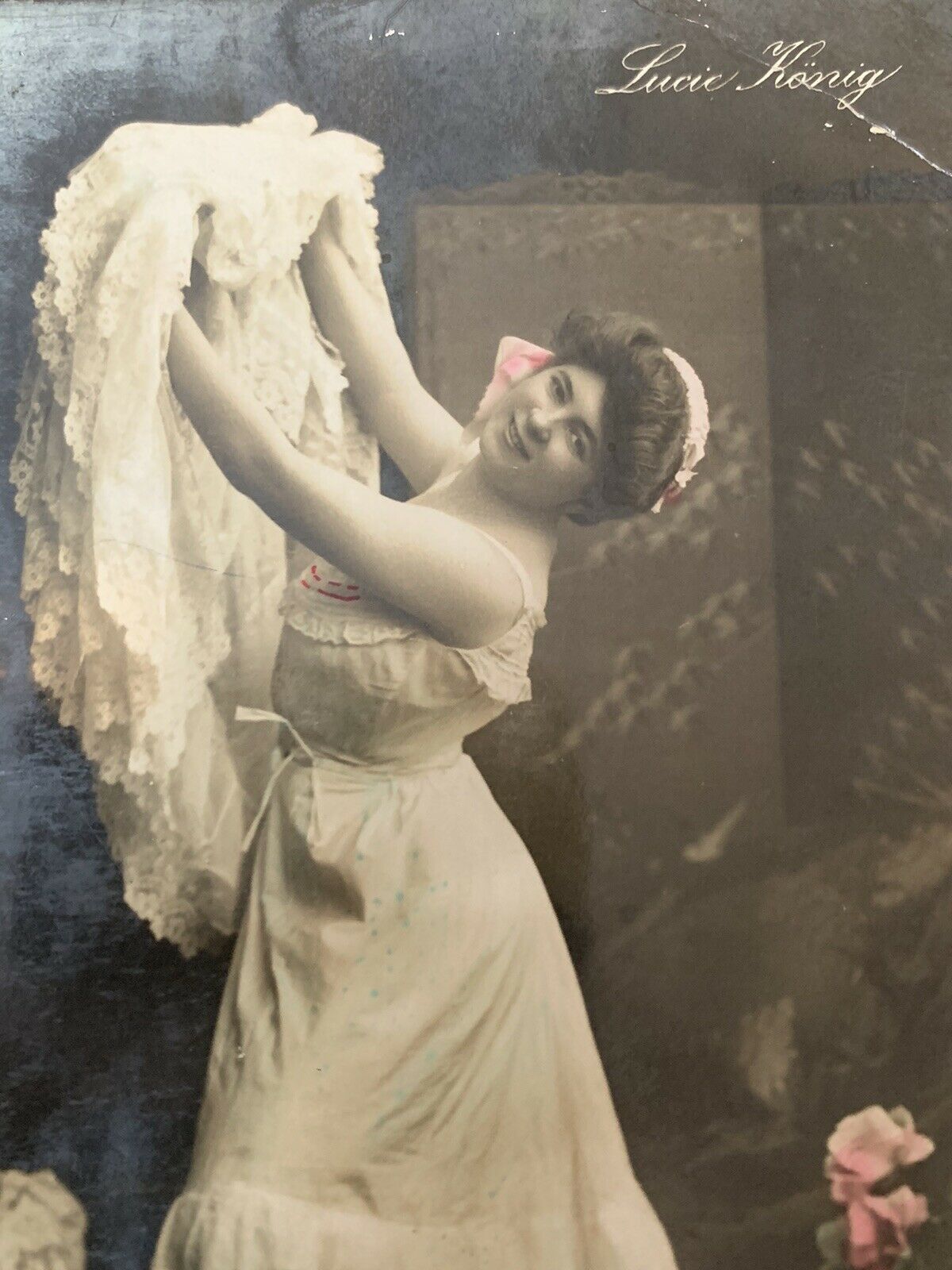For the first time ever, a systematic analysis of digitized newspaper archives exposes the lies told by Egon Erwin Kisch and identifies the real stakeholders behind Austria Hungary’s last great espionage cover-up.
Category Archives: Uncategorized
“Homosexual” Redl
Alfred Redl’s ‘homosexuality’ is one of the most written-about aspects of his life. The various commentators who’ve tackled his story seem to be preoccupied with this one dimension of the colonel’s sex life to the extent that it’s all they see. This is exactly the situation that General Staff Chief Conrad von Hötzendorf wished to create when he made these homosexuality allegations.
Who was Alfred Redl’s Father?
One of the more difficult aspects of writing about Alfred Redl is placing him in context. Despite liberal party propaganda to the contrary, Austria-Hungary’s Dienstadel was not the product of meritocracy in the public sector: opportunity came as a result of family connections. So how did Alfred Redl become head of the most sensitive military intelligence organ in rebellious Prague?
Why did ‘they’ need a Kisch?
I chose the title “A Journalist for Me” because my research exposed Egon Erwin Kisch as a mouthpiece of the leading pro-Emperor, pro-military paper in Prague, “Bohemia”. However, at the time of Col. Alfred Redl’s forced suicide, nobody following Redl newspaper coverage would have associated Kisch’s name with the case. The Redl espionage/homosexuality scoop was “officially broke” by “Militarische Rundschau”, Fieldmarshall Conrad von Hoetzendorf’s newspaper. Franz Ferdinand’s “Die Zeit” broke the espionage angle days before.
Cabaret Fledermaus: Where Old Professions Meet
Cabaret Fledermaus has a strange chronological synergy with the career of Alfred Redl: it opened the same year Redl began to make the big bucks from his treachery, and the theater closed down a few weeks after his ‘suicide’. The financiers of the Fledermaus were the same financiers of “Die Zeit”, the newspaper which actually broke the espionage angle of the Redl Scandal, not Kisch at “Bohemia”.
Who were Austria-Hungary’s “Aristocracy”?
In Austria-Hungary newly-rich merchants and industrialists; careerist soldiers; and self-promoting professors were eager to surround themselves with aristocratic titles… but none of these people were even Austrian, let alone of aristocratic heritage.
Who were the “Bürgertum”?
“Bürgertum” as a social concept is far older than Karl Marx, but it’s been unfairly burdened with his academization of ‘us vs. them’ ghetto politics.
“Fledermaus Fancies” Redl’s Girlfriend?
Vienna’s leading theater newspaper, “Weiner Allgemeine Zeitung”, reported that Col. Redl had an extended paid-sex relationship with a Cabaret Fledermaus diva, Lucy Koenig. The empire’s leading editors credited the information, which was a rare occurrence.







